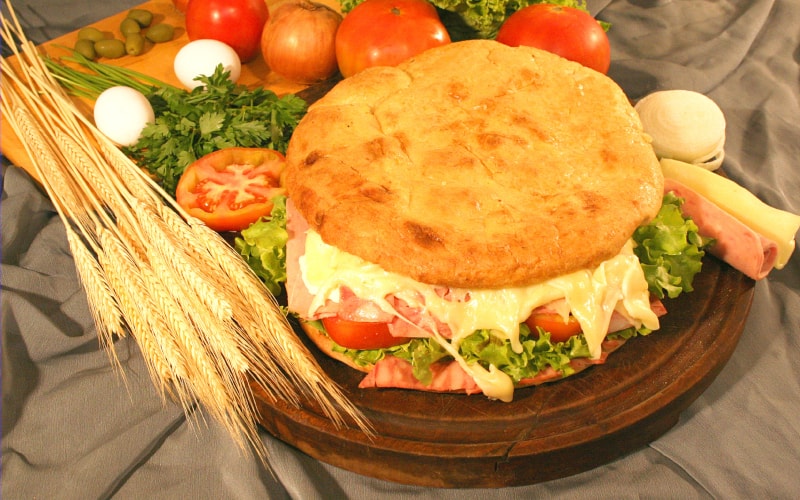A well-planned, nutritious diet should meet most of an athlete’s vitamin and mineral needs, and provide enough protein to promote muscular growth and repair. Foods rich in unrefined carbohydrates, like wholegrain breads and cereals, should form the basis of the diet.
Sports nutrition plans should be tailored to the individual athlete, and consider their specific sport, goals, food preferences and practical challenges.
The link between good health and good nutrition is well established. Interest in nutrition and its impact on sporting performance is now a science in itself. Whether you are a competing athlete, a weekend sports player or a dedicated daily
exerciser, the foundation to improved performance is a nutritionally adequate diet.
The athlete’s diet: An athlete’s diet should be similar to that recommended for the general public, with energy intake divided into:
45 to 65% from carbohydrates
15 to 25% from protein
20 to 35% from fat
Athletes who exercise strenuously for more than 60 to 90 minutes every day may need to increase the amount of energy they consume, particularly for carbohydrate sources. Guidelines for carbohydrate and protein based on grams intake per kilogram (g/kg) of boy weight are also available. The current recommendations for fat intake are for most athletes to follow similar recommendations to those given for the general community, with the preference for fats coming from olive oils, avocado, nuts and seeds.
Athletes should adjust the amount of carbohydrate they consume for fueling and recovery to suit their exercise level. They should also aim to minimize intake of high-fat foods such a biscuits, cakes, pastries, chips and fried foods.

